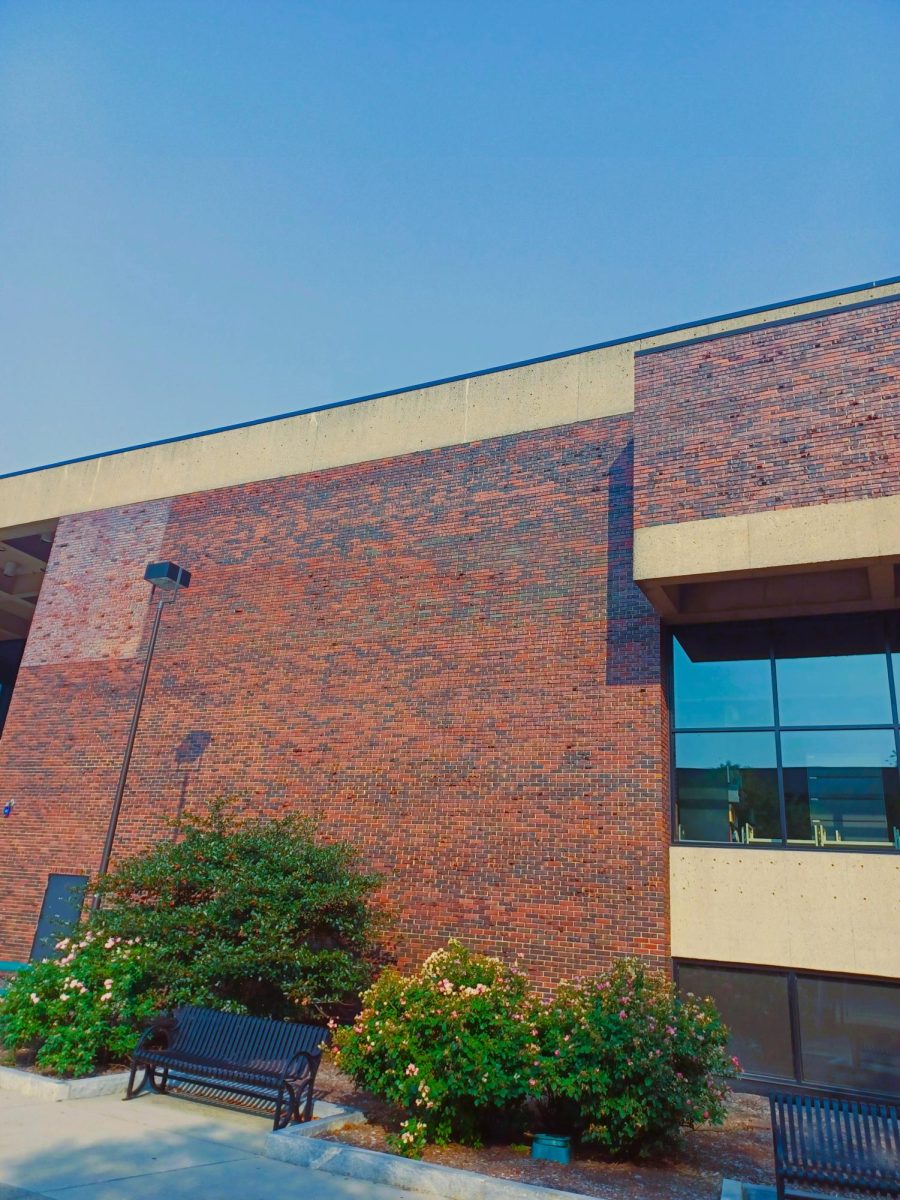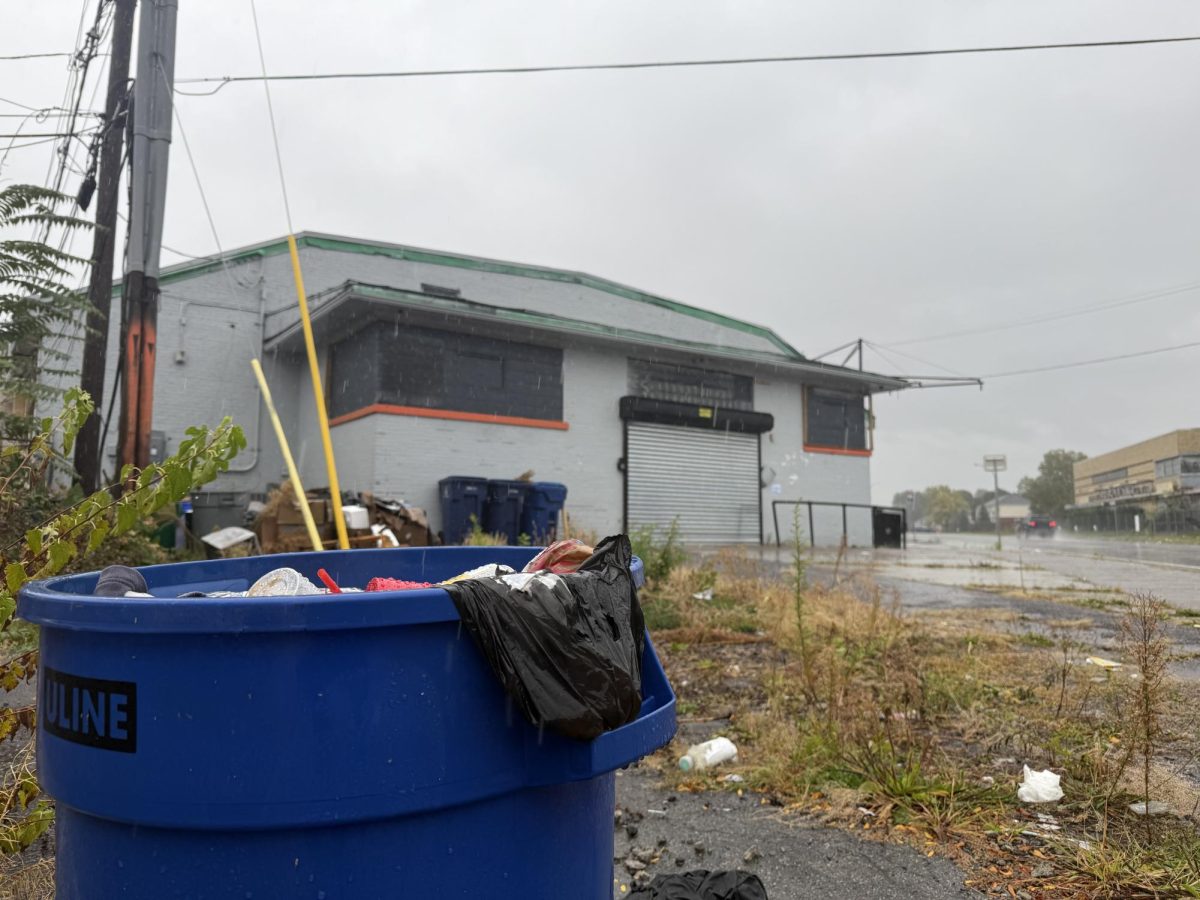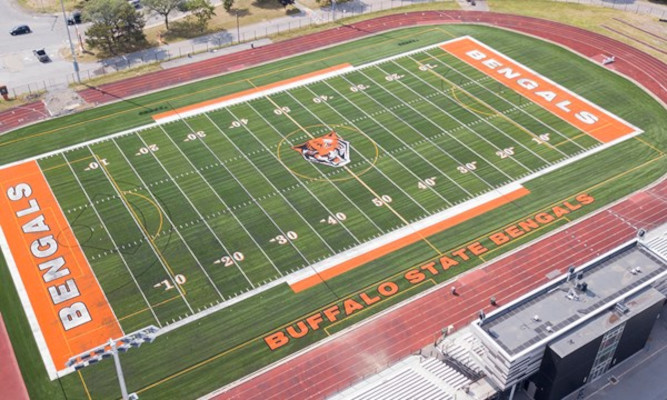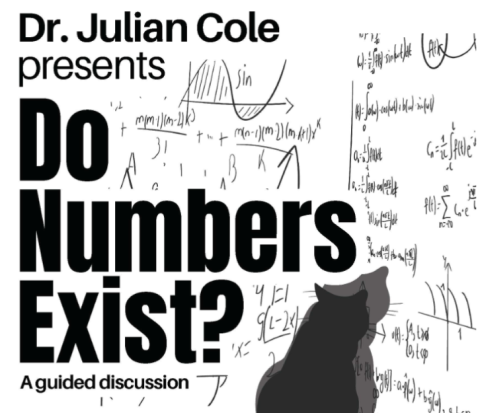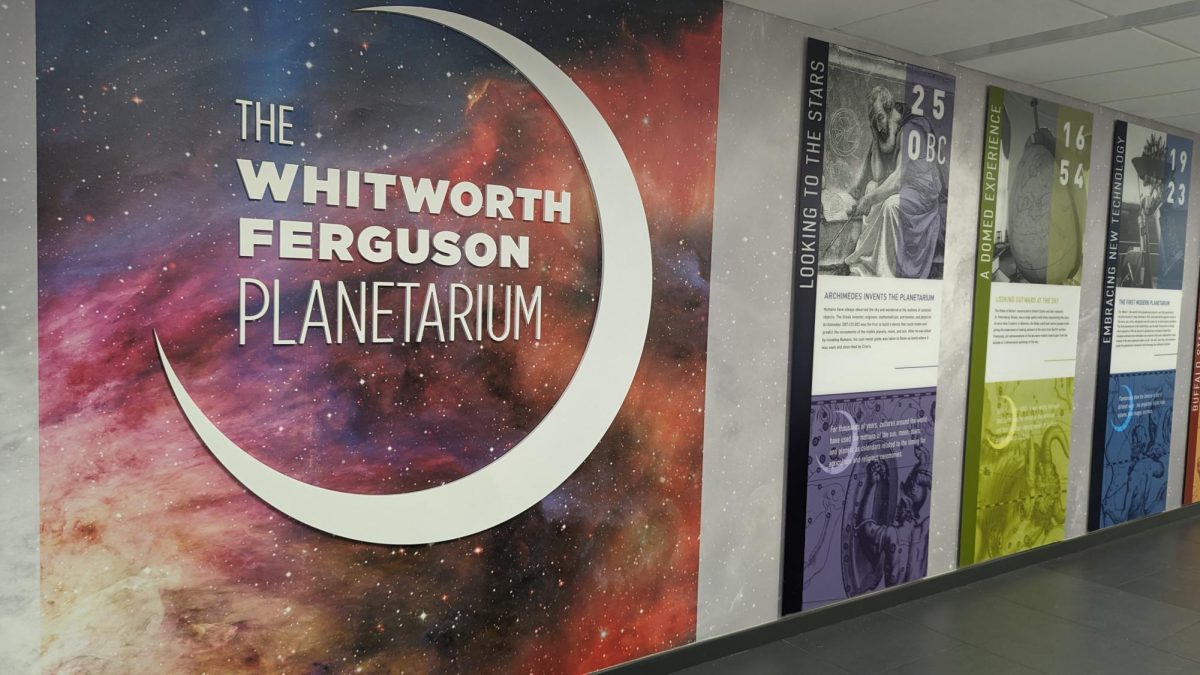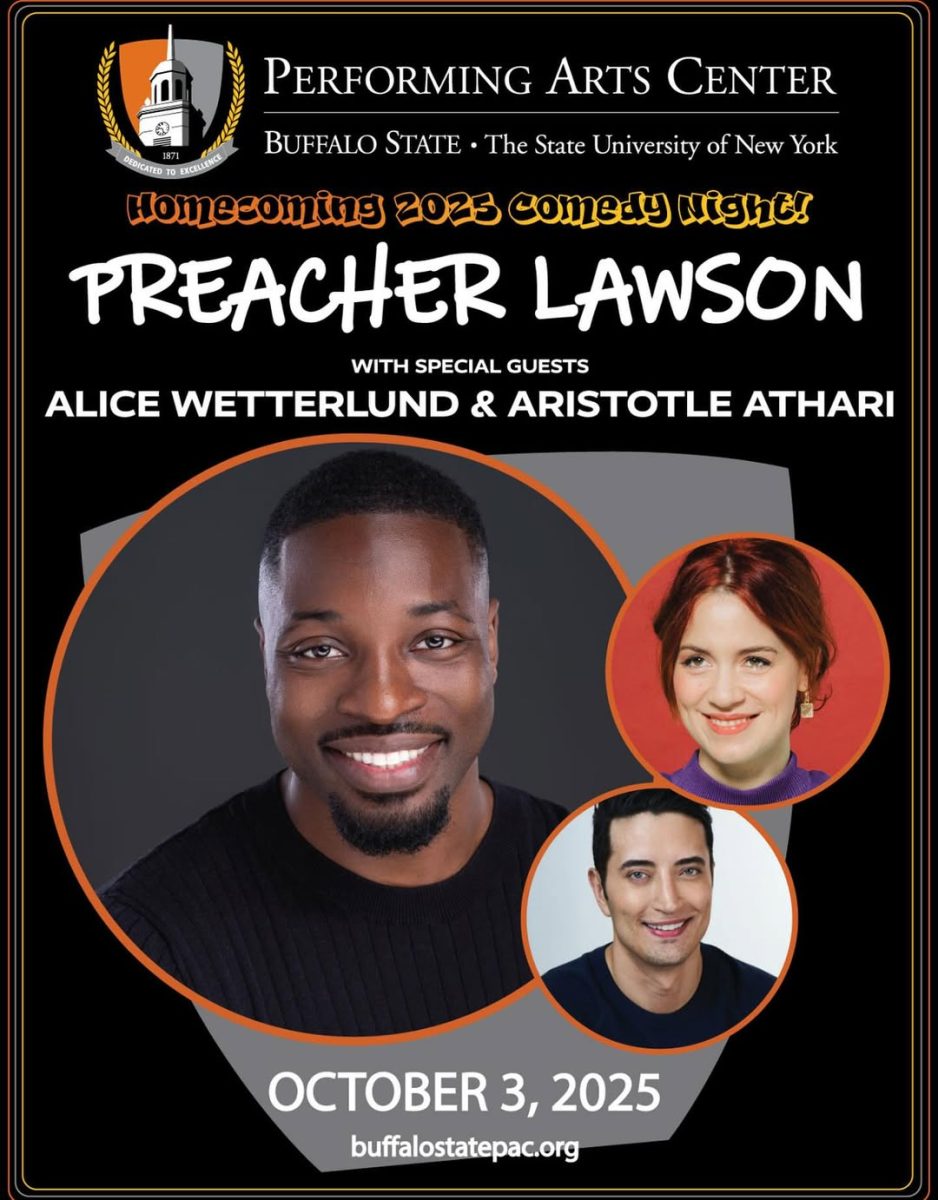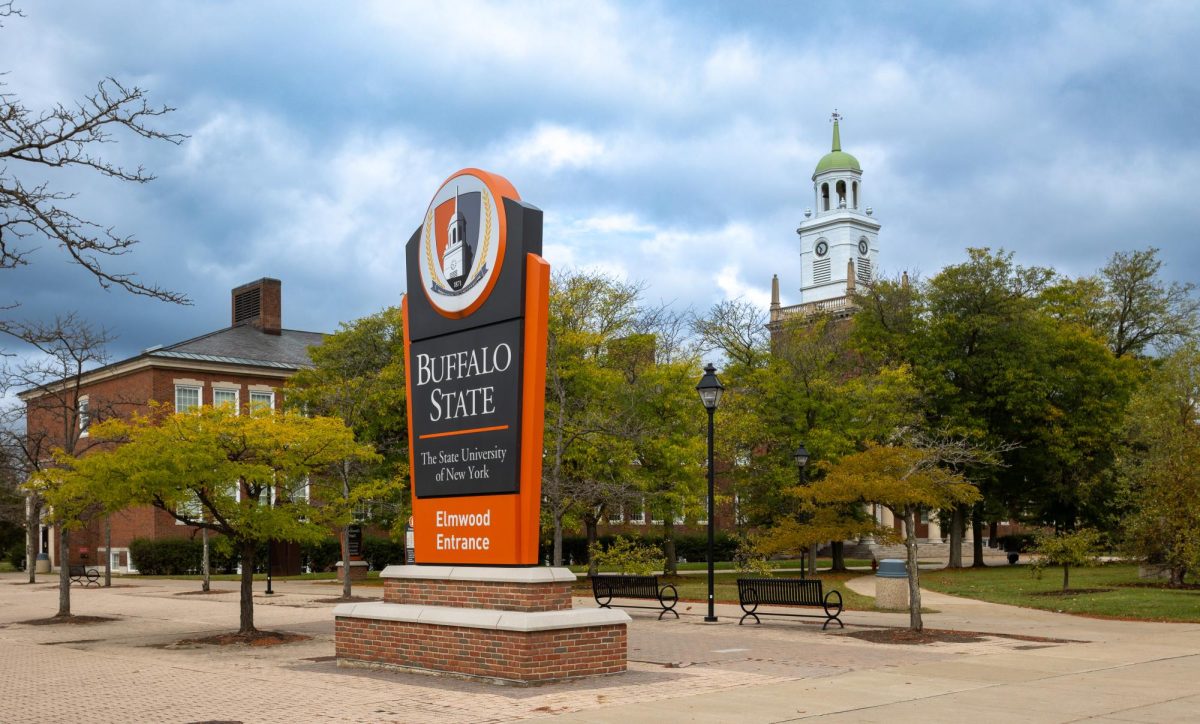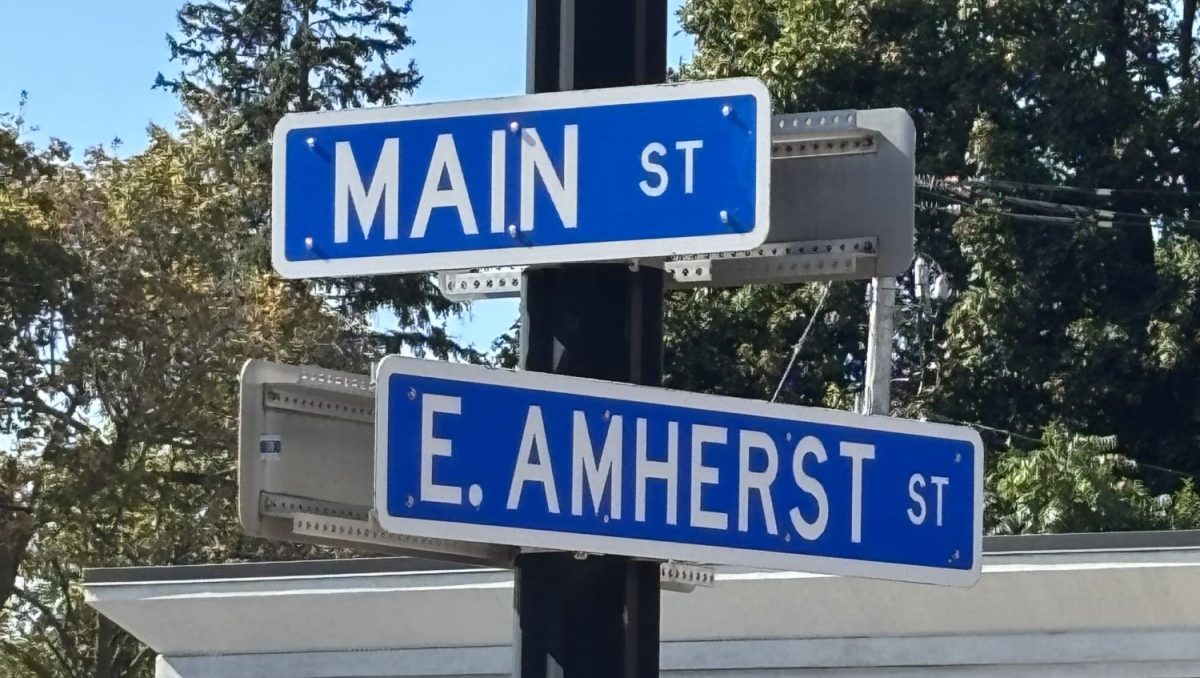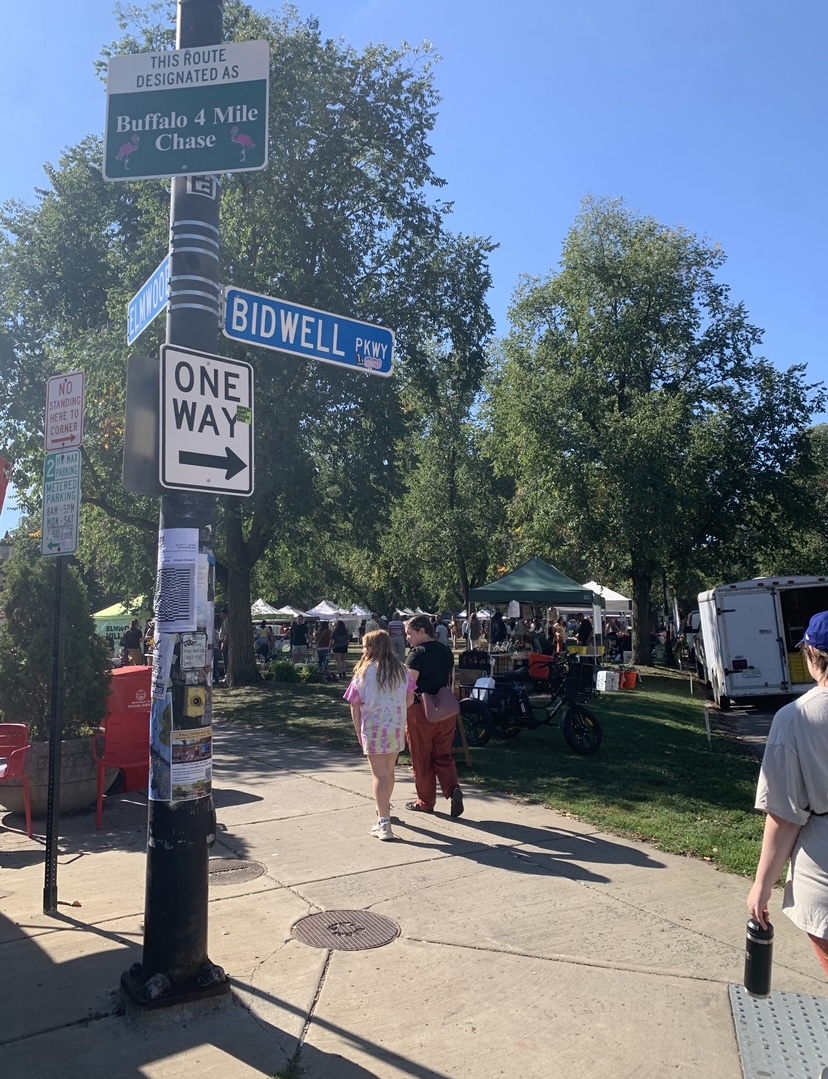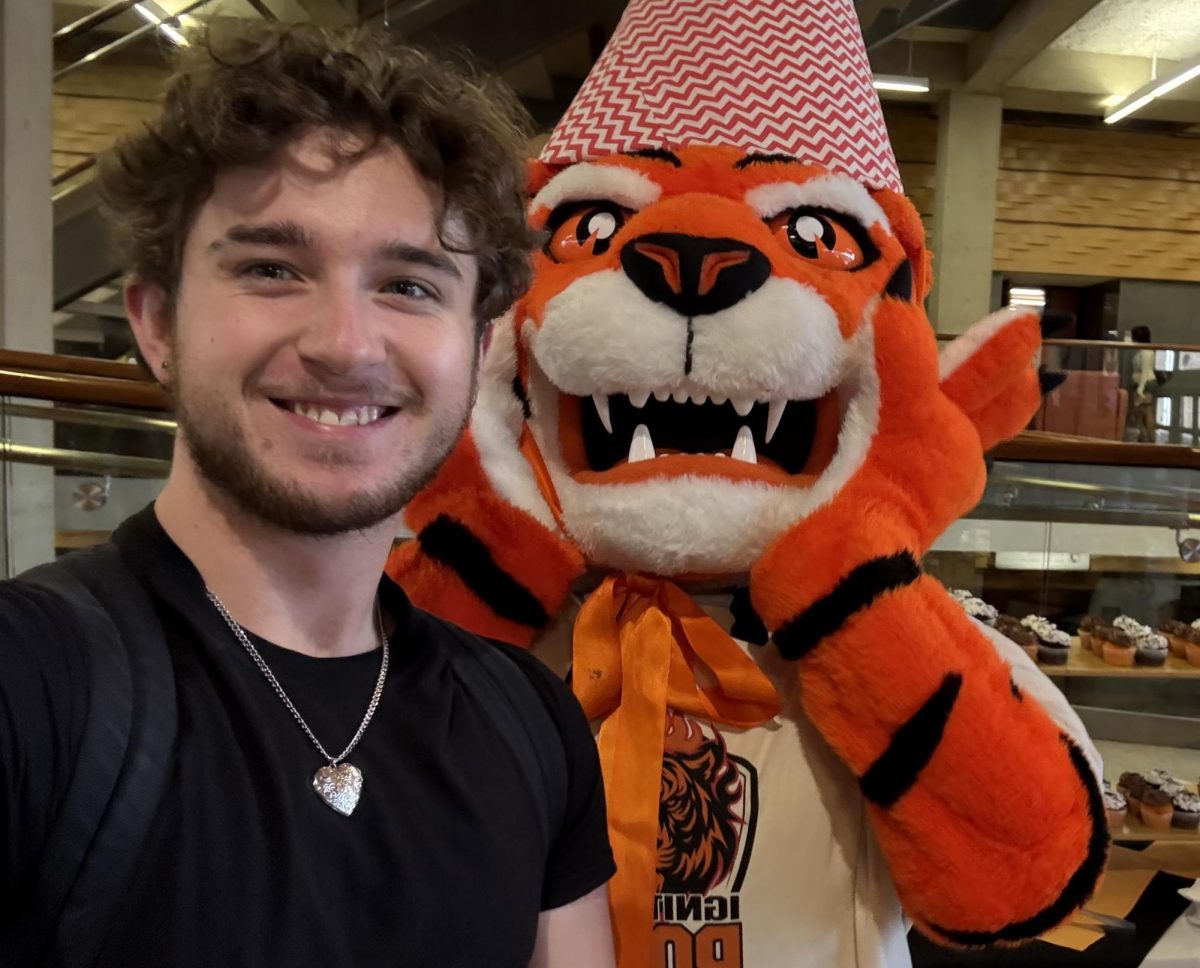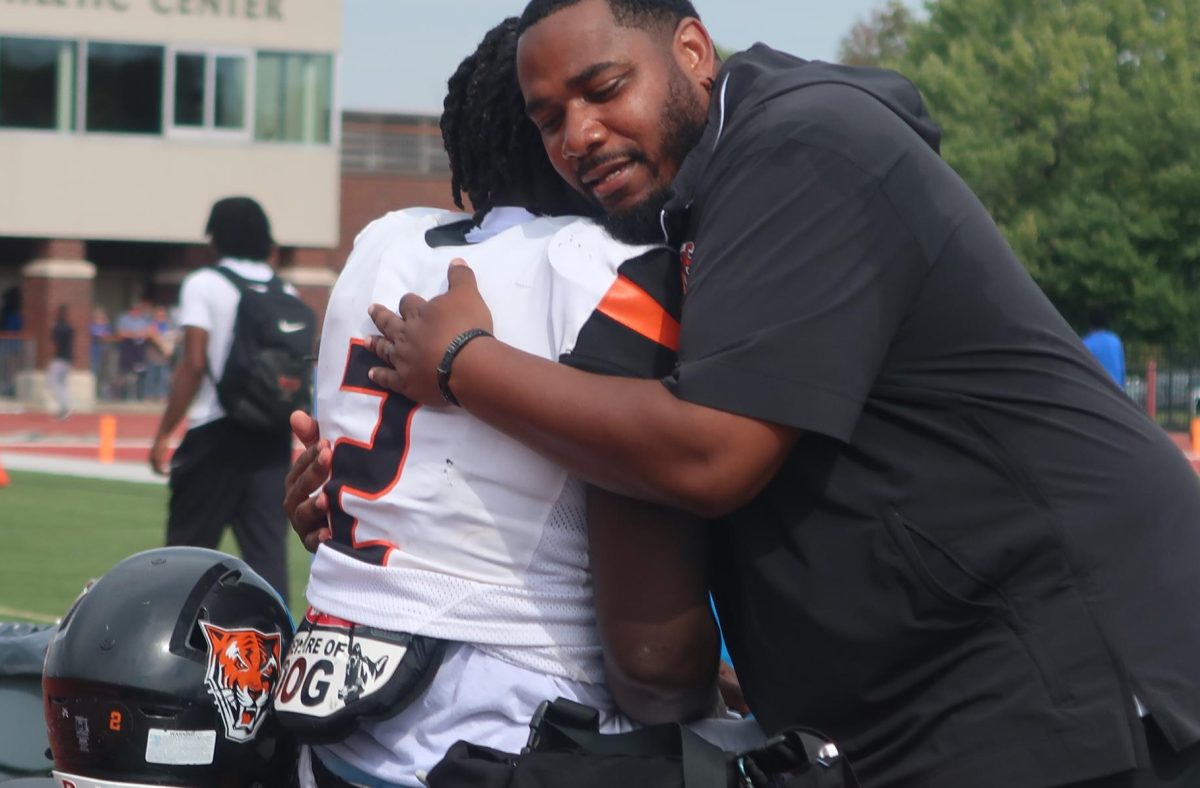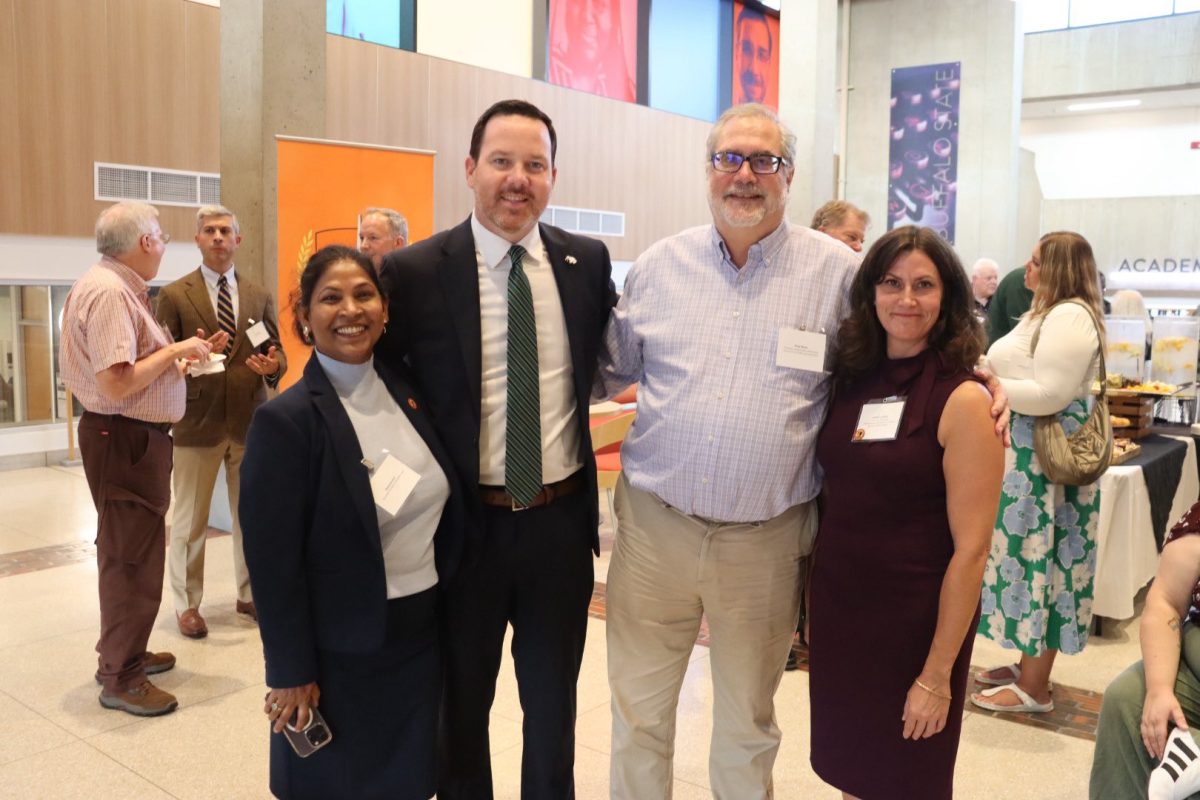Libraries are valuable assets in our society. Information literacy as well as media literacy are both crucial skills to utilize in navigating the vast realm of the Internet. With the advent of social media, coupled with a 24-hour news cycle, critically examining information has become an essential skill for all individuals. Access to information, perhaps, is a key function of a library. Most pressingly, information that is restricted due to political motivations limits the overall knowledge of our society, and that is a game nobody should play.
Charles Lyons is the Director of the E.H. Butler Library. He delves into book bans, the role of information literacy in our society, and the role of misinformation/disinformation in accessing knowledge.
This is part 2 of a 2-part series.
4) How does Butler Library adapt to the ever-changing needs and interests of the student body?
We are constantly trying to keep up with the evolving needs of students. First and foremost, we always try to get input directly from the students that use our spaces and services. For example, this fall we will be running our regular library survey (called LIbQual) designed to get student feedback on their experience in the library. I encourage students to not be shy about letting us know what they think we could do to improve their library experience (my email is [email protected])!
Butler Library is also adapting to students’ needs by providing access to more up-to-date technologies. We implemented self-checkout of books during the pandemic, for example. In response to inquiries from students, we’ve installed more charging stations. More of our spaces are now technology-enabled, including a few of our popular group study rooms, where laptops can be plugged in for group viewing on larger screens. Some students may not realize that the library has so much more to offer than just books – we also circulate laptops and other types of academic equipment that today’s university students need to succeed (and there’s no charge!).
5) What are some books, or book genres, that you particularly enjoyed over the years?
I like to read geeky pop-sci (popular science) books about things like climate change (what are we doing to this planet of ours?), emerging ideas in physics (the multiverse is real…or is it?), and nature (gardening and sustainability). I finally recently read the enduringly popular book Braiding Sweetgrass by SUNY ESF professor Robin Wall Kimmerer and it was so good and very inspirational.
6) How can libraries support the need for an informationally literate society? Why is accessing credible and reliable information so crucial to a democratic society?
One of Butler Library’s key missions is to promote information literacy: teaching our students how to find reliable, accurate information. We provide workshops, teach credit-bearing courses (LIB100 and LIB300), give presentations in classes, and meet directly with students at the Ask Us Desk or one-on-one. All to help them use the library effectively so they can find relevant, trustworthy information more quickly. At Buffalo State, we often couch it in the context of students’ studies: when you’re writing a paper about a topic, here are some strategies you can use to find more relevant academic resources.
Using the Internet these days can be like sipping from a firehose: there’s just so much information out there – some of it misleading, contradictory, or just untrue – that it can be difficult to tell what’s true. Social media platforms and the rise of artificial intelligence are making it easier than ever for people to distribute both information and misinformation. Also, this is an election year, so it’s more important than ever that students know how to tell fact from fiction. I hope the library can play a role in helping students make more informed decisions based on facts.


